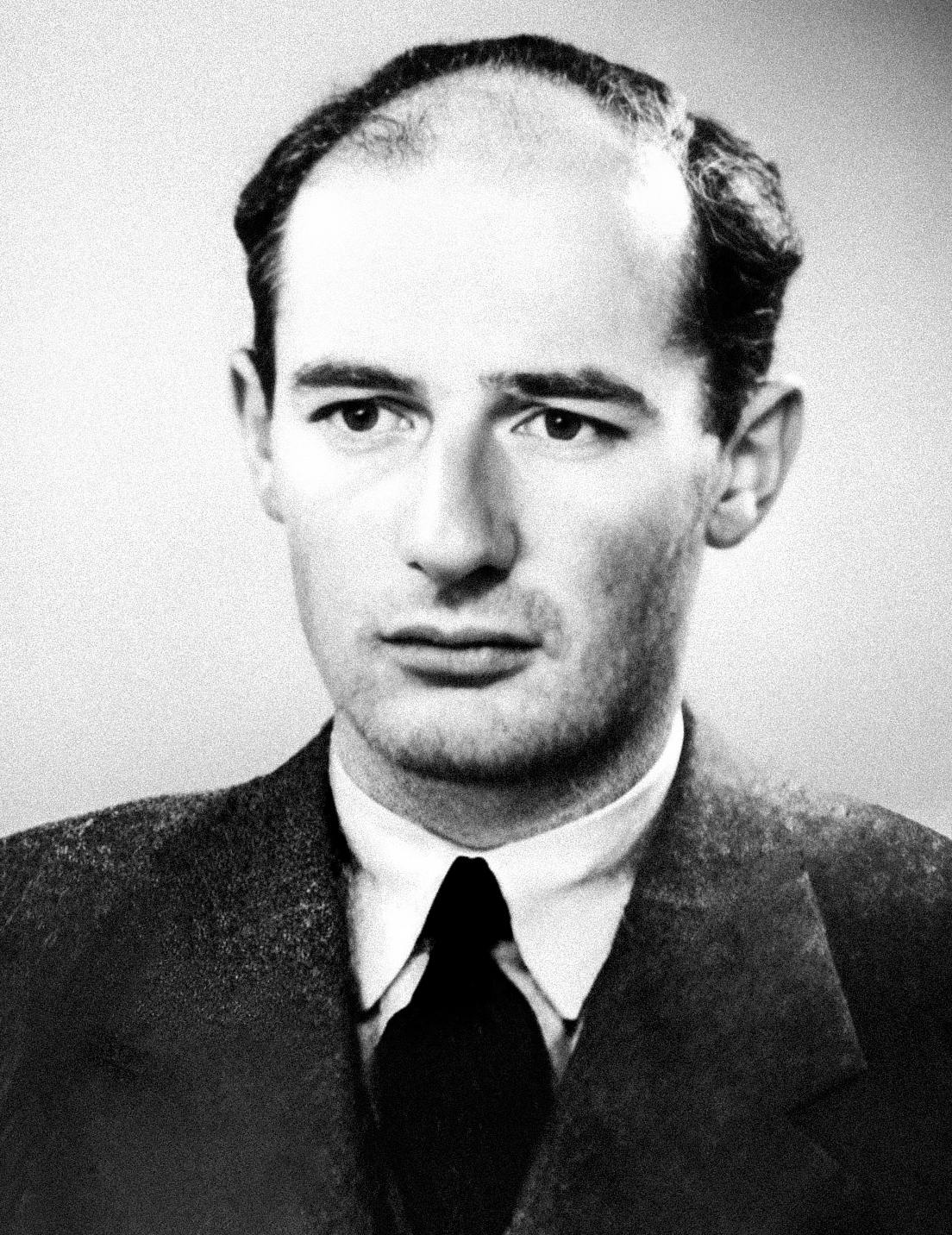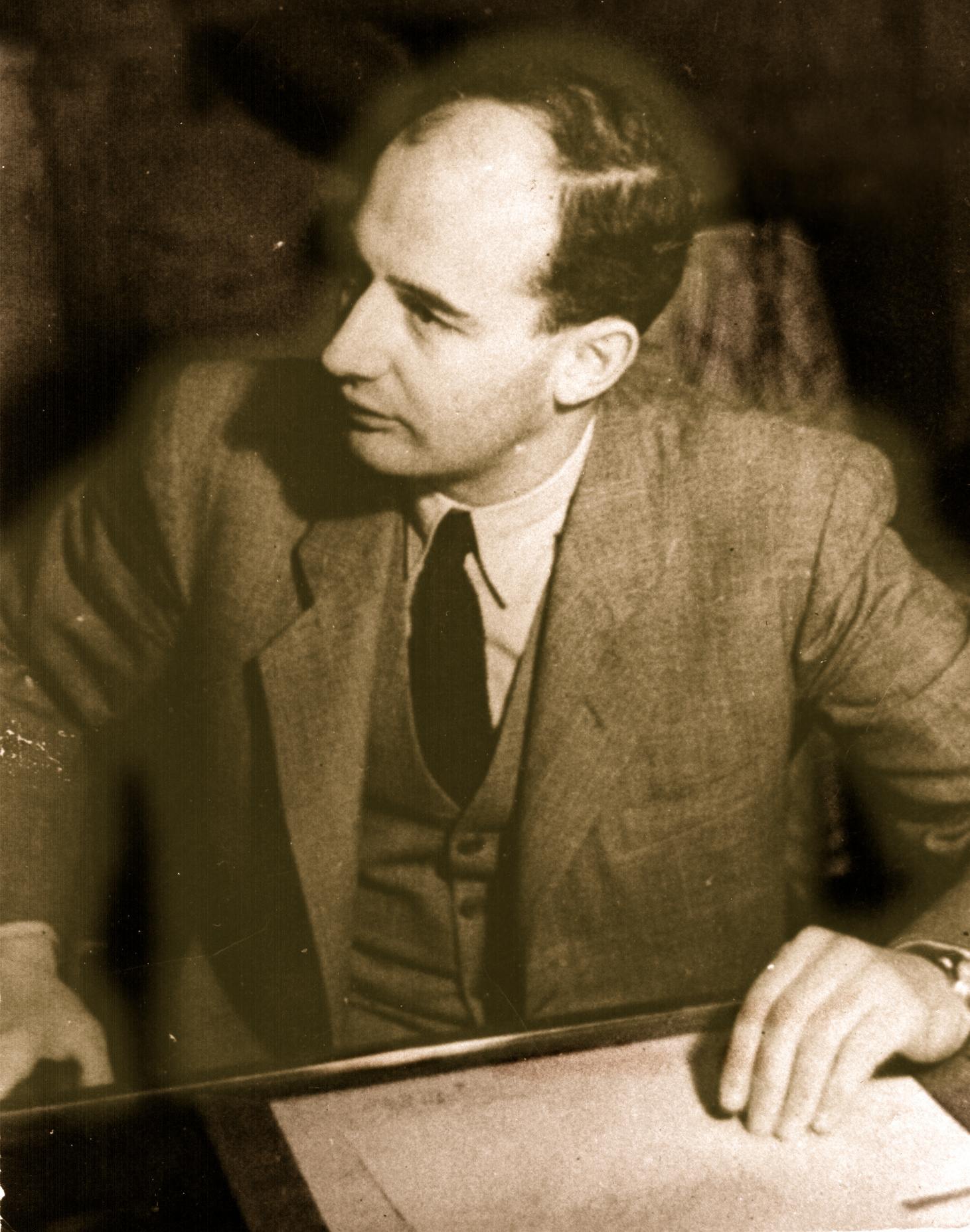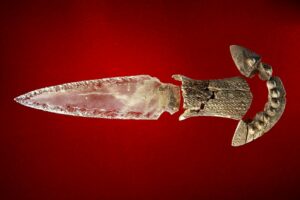Raoul Wallenberg, a Swedish architect, businessman, diplomat, and humanitarian, is known for his heroic efforts in saving thousands of Jews during the Holocaust in German-occupied Hungary. Wallenberg served as Sweden’s special envoy in Budapest from July to December 1944, where he issued protective passports and established buildings as Swedish territory to shelter Jews from the Nazis and Hungarian fascists. However, Wallenberg’s story took a dark turn when he was arrested by the Soviet Union on suspicion of espionage and subsequently disappeared. His fate and the circumstances surrounding his death remain shrouded in mystery and speculation to this day.

The early life and education of Raoul Wallenberg
Raoul Gustaf Wallenberg was born on August 4, 1912, in Lidingö Municipality, Sweden. His paternal grandfather, Gustaf Wallenberg, was a diplomat, while his parents were Raoul Oscar Wallenberg and Maria “Maj” Sofia Wising. Tragically, Raoul’s father passed away from cancer just three months before his birth, and his maternal grandfather died of pneumonia shortly after. Raoul was raised by his mother and grandmother, who played a significant role in his upbringing.
After completing his mandatory military service, Wallenberg pursued his education. He studied architecture at the University of Michigan in the United States, graduating in 1935. Despite his privileged background, Wallenberg worked odd jobs during his time in the U.S., gaining a unique perspective on life and honing his diplomatic and interpersonal skills through hitchhiking and interacting with people from diverse backgrounds.
Wallenberg’s Jewish ancestry
Wallenberg was proud of his partial Jewish ancestry, which traced back to his maternal great-great-grandfather, Michael Benedicks, who immigrated to Stockholm and converted to Christianity in the late 18th century. This Jewish heritage played a significant role in shaping Wallenberg’s identity and may have influenced his deep sense of empathy and commitment to helping others, especially during the Holocaust.
Wallenberg’s humanitarian mission in Budapest

In 1944, as the Holocaust was raging across Europe, Wallenberg was sent to Budapest by the Swedish government to aid in the rescue of Hungarian Jews. By this time, Hungary had fallen under Nazi control, and the Jewish population faced imminent deportation and extermination.
Using his diplomatic cover, Wallenberg set up operations in the heart of Budapest’s Jewish Quarter. He distributed Swedish protective passports, which identified the bearers as Swedish subjects awaiting repatriation, providing them with a degree of protection from deportation. Wallenberg also leased buildings and declared them as Swedish territory, effectively creating safe havens for Jews to seek shelter.
Wallenberg’s courageous actions went beyond issuing documents. He risked his life by confronting the Nazis and their Hungarian collaborators directly. One notable incident involved Wallenberg climbing onto the roof of a train bound for Auschwitz, handing out protective passports and saving dozens of lives.
Wallenberg’s arrest and disappearance
In January 1945, as the Red Army encircled Budapest, Wallenberg was summoned to General Malinovsky’s headquarters in Debrecen. It was during this time that Wallenberg’s fate took a tragic turn. He was arrested on suspicion of espionage by the Soviet secret police, SMERSH, and subsequently vanished.
Soviet authorities initially reported that Wallenberg had died of a suspected heart attack in his prison cell on July 17, 1947. However, the circumstances surrounding his death and the veracity of this claim have been the subject of intense speculation and controversy. Some witnesses claimed to have seen Wallenberg in Soviet prisons and psychiatric hospitals well into the 1980s, raising doubts about the official account.
Legacy and honors
Despite the mystery surrounding his fate, Raoul Wallenberg’s heroic efforts to save Hungarian Jews have been widely recognized and honored. He has been posthumously awarded numerous humanitarian honors, including being named an honorary citizen of the United States, Canada, Hungary, Australia, the United Kingdom, and Israel.
Monuments and memorials dedicated to Wallenberg can be found around the world, and streets have been named in his honor. The Raoul Wallenberg Committee of the United States was established to perpetuate his humanitarian ideals, and the committee presents the Raoul Wallenberg Award annually to individuals who demonstrate courage and humanitarian values.
In 2012, Wallenberg was awarded a Congressional Gold Medal by the United States Congress in recognition of his achievements and heroic actions during the Holocaust. Declassified documents also revealed Wallenberg’s collaboration with the Office of Strategic Services (OSS), the predecessor of the CIA.
The controversy and unanswered questions that Wallenberg’s disappearance left behind
The circumstances surrounding Raoul Wallenberg’s arrest, imprisonment, and death remain clouded in mystery. The Soviet Union’s official account of his death by heart attack has been disputed by testimonies from witnesses who claim to have seen Wallenberg in captivity long after his reported date of death.
The exact reasons for Wallenberg’s arrest by the Soviets and the extent of his involvement with intelligence agencies such as the OSS are still subjects of speculation. The truth about Wallenberg’s ultimate fate and the events leading to his disappearance may never be fully known.
In 2016, the Swedish Tax Agency declared Wallenberg dead in absentia, citing the pro forma date of death as July 31, 1952. While this declaration provided closure for some, it did not resolve the enduring questions and controversies surrounding Wallenberg’s disappearance.
Final words
Raoul Wallenberg’s selfless and courageous acts during the Holocaust saved the lives of thousands of Hungarian Jews. His unwavering commitment to humanitarian ideals and his willingness to put himself at great personal risk continue to inspire people around the world.
Although his fate remains unknown, Wallenberg’s legacy lives on through the countless lives he touched and the recognition he has received posthumously. The story of Raoul Wallenberg serves as a powerful reminder of the impact one person can have in the face of unimaginable evil, and the ongoing quest for truth and justice in his case continues to this day.
After reading about the mysterious disappearance of Raoul Wallenberg, read about Ettore Majorana, who disappeared in 1938, and intriguingly reappeared 20 years later!




